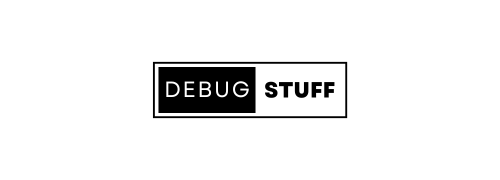Introduction:
In today’s fast-paced, hyperconnected world, it’s easy to feel overwhelmed by the constant barrage of digital information and stimuli. From smartphones and social media to email and streaming services, our lives are increasingly intertwined with technology. However, amid this digital frenzy, it’s essential to take time to unplug and reconnect with ourselves and the world around us. In this blog post, we’ll explore
the concept of a digital detox, its benefits, and practical tips for finding balance in an increasingly digital world.
Understanding Digital Detox:
A digital detox involves temporarily disconnecting from digital devices and platforms to reduce stress, improve mental well-being, and foster a deeper connection with oneself and others. It’s a conscious effort to step away from screens and digital distractions to reclaim our time and attention. While it may seem daunting at first, the benefits of a digital detox can be profound.
Benefits of Unplugging:
- Reduced Stress and Anxiety:
Constant exposure to digital devices and social media can contribute to feelings of stress, anxiety, and overwhelm. Taking a break from screens allows our minds to rest and recharge, leading to a greater sense of calm and well-being. - Improved Sleep Quality:
The blue light emitted by screens can disrupt our natural sleep-wake cycle and interfere with the production of melatonin, the hormone responsible for regulating sleep. Disconnecting from screens before bedtime can improve sleep quality and promote restorative sleep. - Increased Presence and Mindfulness:
When we’re constantly glued to our devices, we may miss out on the richness of the present moment. By unplugging, we can cultivate greater mindfulness and awareness, allowing us to fully engage with our surroundings and experiences. - Enhanced Relationships:
Excessive screen time can detract from quality time spent with loved ones, leading to feelings of disconnection and isolation. Unplugging allows us to nurture deeper connections with family and friends, fostering meaningful relationships. - Boosted Productivity and Creativity:
Constant multitasking and digital distractions can impede productivity and hinder creativity. Taking time away from screens allows our brains to focus and concentrate more effectively, leading to increased productivity and creative insights.
Practical Tips for a Digital Detox:
- Set Boundaries:
Establish clear boundaries around your digital use, such as designated screen-free times or tech-free zones in your home. - Limit Screen Time:
Use apps or features on your devices to track and limit your screen time, allowing for more intentional use. - Engage in Offline Activities:
Explore hobbies and activities that don’t involve screens, such as reading, outdoor recreation, or creative pursuits. - Practice Mindfulness:
Incorporate mindfulness practices into your daily routine, such as meditation, yoga, or deep breathing exercises, to cultivate presence and awareness. - Connect with Nature:
Spend time outdoors and immerse yourself in nature to rejuvenate your mind, body, and spirit.
Conclusion:
In a world dominated by digital technology, taking time to unplug and reconnect with ourselves and the world around us is more important than ever. A digital detox offers numerous benefits, from reducing stress and anxiety to improving sleep quality and fostering deeper connections with others. By incorporating regular periods of unplugging into our lives and embracing a more mindful approach to digital use, we can find greater balance and well-being in an increasingly hyperconnected world.




